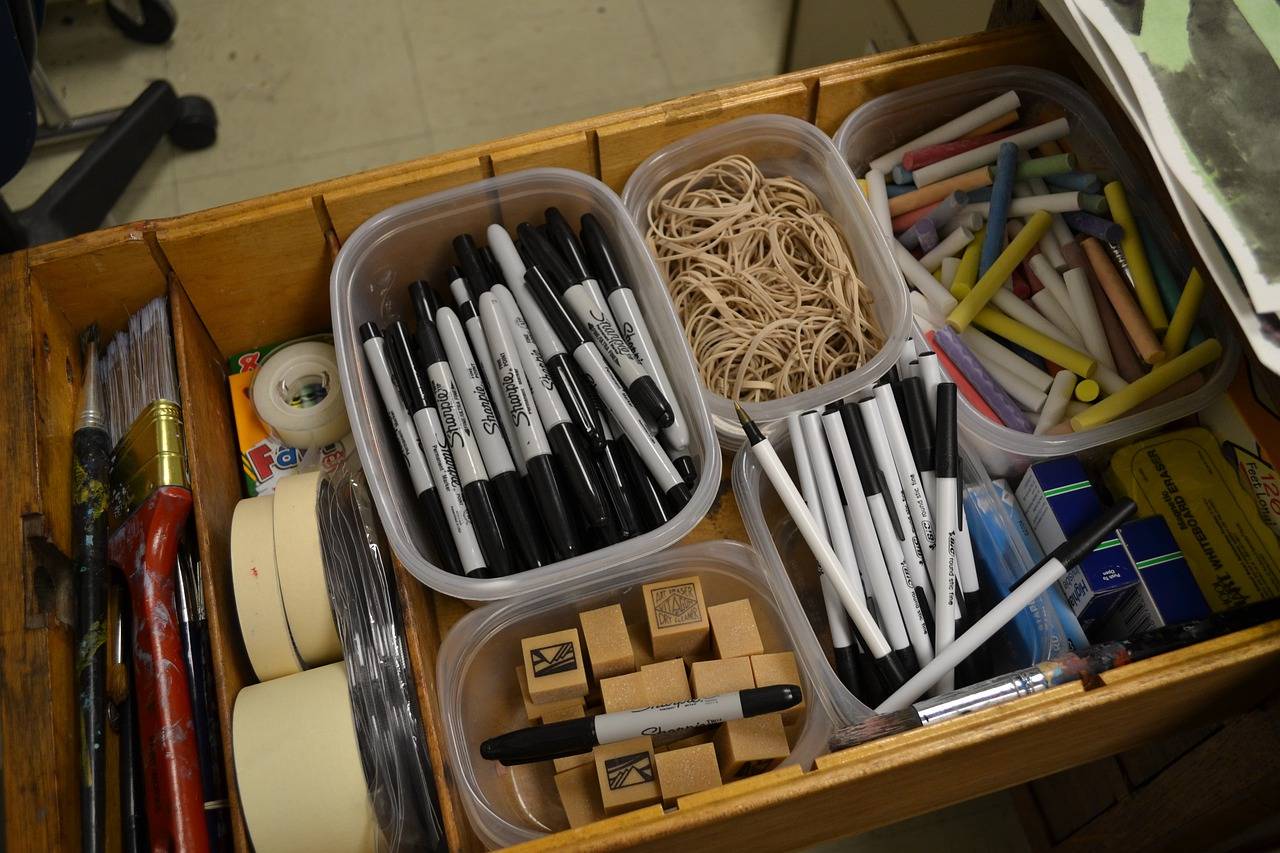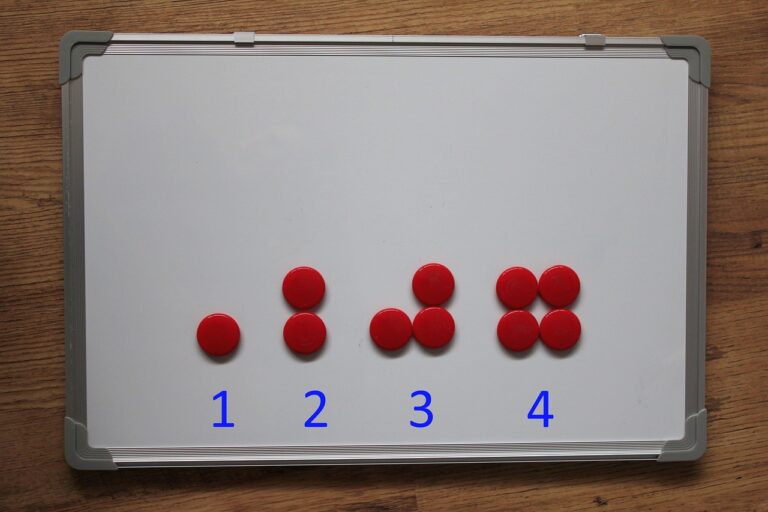Harnessing Blockchain Technology for Secure Academic Credentials
Blockchain technology offers a transparent and immutable ledger for storing academic credentials securely. By eliminating the need for a centralized authority, blockchain enables instant verification of academic records, reducing the risk of fraud and misrepresentation. This decentralized approach ensures that students have full control over their credentials, allowing for efficient sharing with potential employers or academic institutions.
Furthermore, blockchain technology ensures the integrity and authenticity of academic credentials, as once data is entered into the blockchain, it cannot be altered or tampered with. This feature provides a reliable and tamper-proof system for verifying the validity of academic achievements, enhancing trust and credibility in the education sector. With blockchain, academic credentials can be easily accessed and verified, streamlining the verification process and saving time for both students and institutions.
How Blockchain Ensures Security in Academic Records
Blockchain technology ensures security in academic records through its decentralized and transparent nature. Information stored on the blockchain is distributed across a network of computers, making it nearly impossible for any single entity to tamper with or manipulate the data. Each block of information is linked to the previous one through a cryptographic hash, creating a secure and unchangeable chain of records.
Furthermore, the transparency of blockchain allows for easy verification of academic credentials without the need for intermediaries. With blockchain, individuals can securely access their own academic records and share them with potential employers, educational institutions, or any other relevant parties. This eliminates the risk of credentials being forged or misrepresented, ensuring the integrity of the academic verification process.
The Role of Smart Contracts in Academic Credential Verification
Smart contracts play a crucial role in transforming the way academic credentials are verified. By using blockchain technology, smart contracts automatically execute the terms and conditions agreed upon by all parties involved in the verification process. This automation reduces the likelihood of human error or manipulation, providing a more secure and efficient method of validating academic records.
Additionally, smart contracts enhance transparency and trust in academic credential verification. The immutability of blockchain ensures that academic records cannot be tampered with or falsified, providing a reliable source of truth for employers, universities, and other institutions. This trustworthiness simplifies the verification process and reduces the administrative burden associated with confirming the authenticity of academic credentials.





